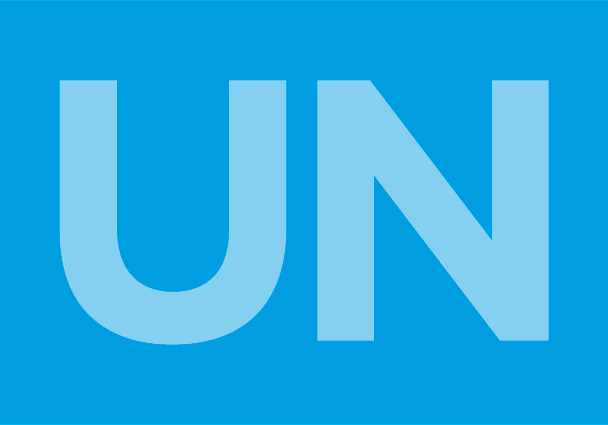
Jul 26, 2011 | Advocacy, Non-legal submissions
The ICJ urged the UN Sub-Commission on the Promotion and Protection of Human Rights to further press for the regulation or prohibition of military courts.
This is essential for the proper administration of justice, respect of the right to fair trial and the eradication of impunity, the ICJ said.
UN Sub-Commisssion-administrration justice-non-legal submission-2011 (full text, PDF)
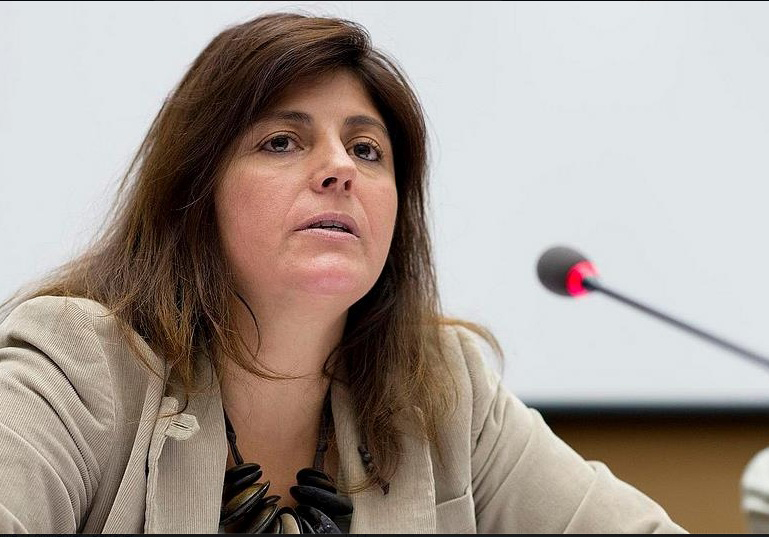
Jul 22, 2011 | Advocacy, Non-legal submissions
The ICJ commends the Independent Expert on the question of human rights and extreme poverty. Ms. Magdalena Sepulveda Carmona (picture above) has made consistent efforts to pursue and strengthen the work on the issue of poverty and human rights that had been initiated by the Sub-Commission on the Promotion and Protection of Human Rights, the ICJ says.
In particular, the ICJ welcomes the progress report (HRC/15/41) prepared by the Independent Expert that entails substantial recommendations for the improvement of the Draft Guiding Principles (DGPs) on extreme poverty and human rights.
The ICJ hopes that the consultation process including the present questionnaire, and the upcoming consultation meeting organized by the OHCHR on 22 and 23 June 2011, will give the opportunity to progress towards the finalization of the DGPs and towards their eventual adoption in 2012.
ICJ contribution to the consultation on extreme poverty and human rights-non-legal submission-2011 (full text, PDF)
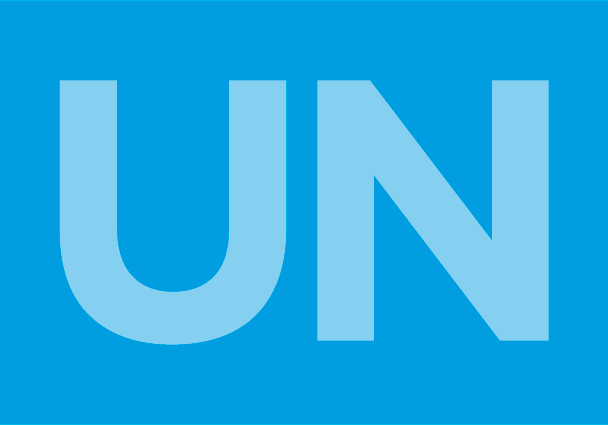
Jun 30, 2011 | Advocacy, Non-legal submissions
During the exchange by the UN Special Procedures with civil society, NGOs and national human rights institutions, the ICJ identified good practices in coordination by Special Procedures with treaty bodies and the UPR.
The ICJ also called for enhanced cooperation with civil society as part of the working methods of the Special Procedures.
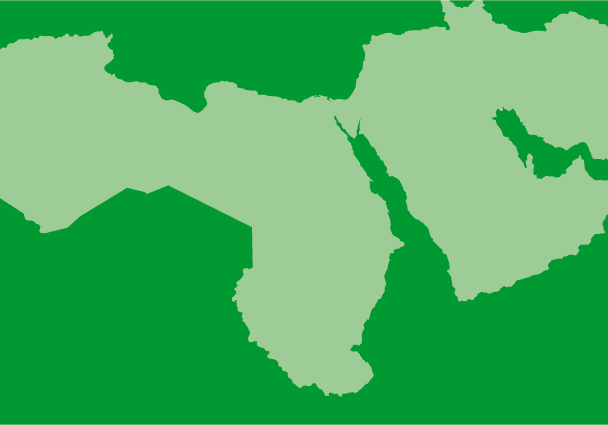
Mar 17, 2011 | Advocacy, Non-legal submissions
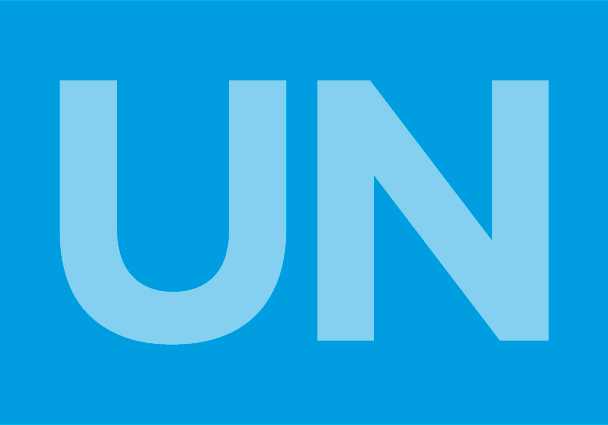 Since 1963, under the framework of a State of Emergency, serious and widespread human rights violations have been committed in Syria, including torture and other ill-treatment, enforced disappearances, and arbitrary arrests and detentions.
Since 1963, under the framework of a State of Emergency, serious and widespread human rights violations have been committed in Syria, including torture and other ill-treatment, enforced disappearances, and arbitrary arrests and detentions.
Suspected political opponents, human rights lawyers and other defenders have been regularly and arbitrarily detained, ill-treated and, in many cases, held without charge or trial for several years. Others have been convicted and sentenced, under the emergency law and other restrictive dispositions of the Syrian Penal Code (in particular Articles 267,273, 285, 286, 287, 288, and 307),to lengthy prison terms after grossly unfair trials before military courts, the Supreme State Security Court (SSSC), or civilian courts.
In spite of the persistent and consistent reports of these human rights violations, Syrian authorities have failed to investigate them promptly and independently, and to bring to justice State officials and laws enforcement officers allegedly responsible for these violations. They have enjoyed effective impunity.
Syria-UPR submission ICJ-non-legal submission-2011 (full text, PDF)
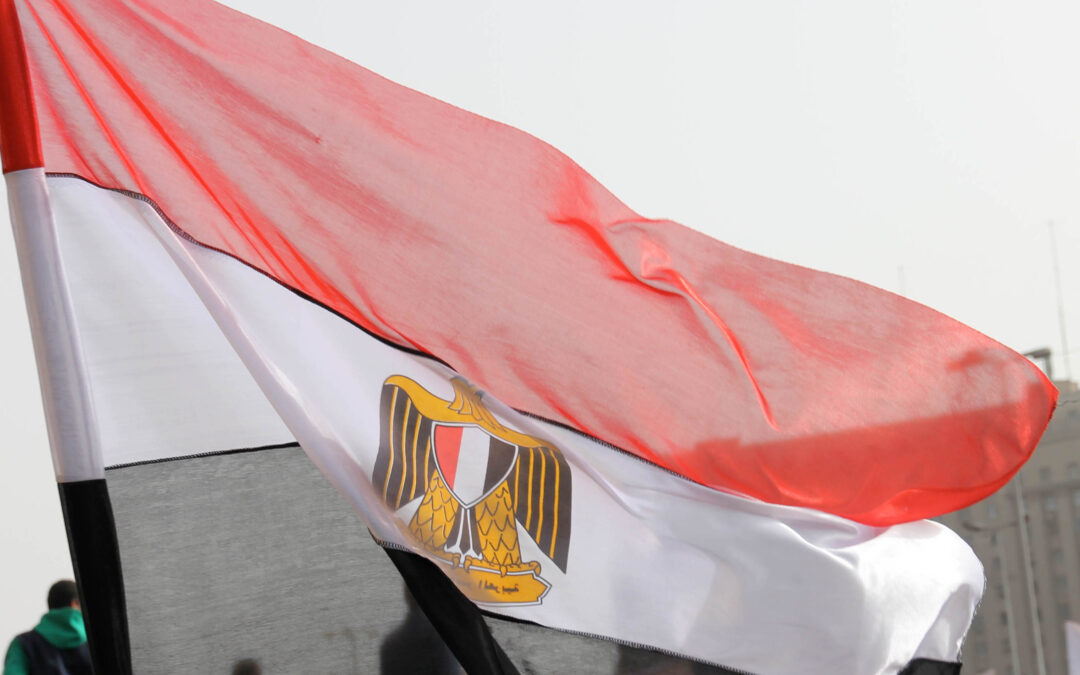
Feb 7, 2011 | Advocacy, Non-legal submissions
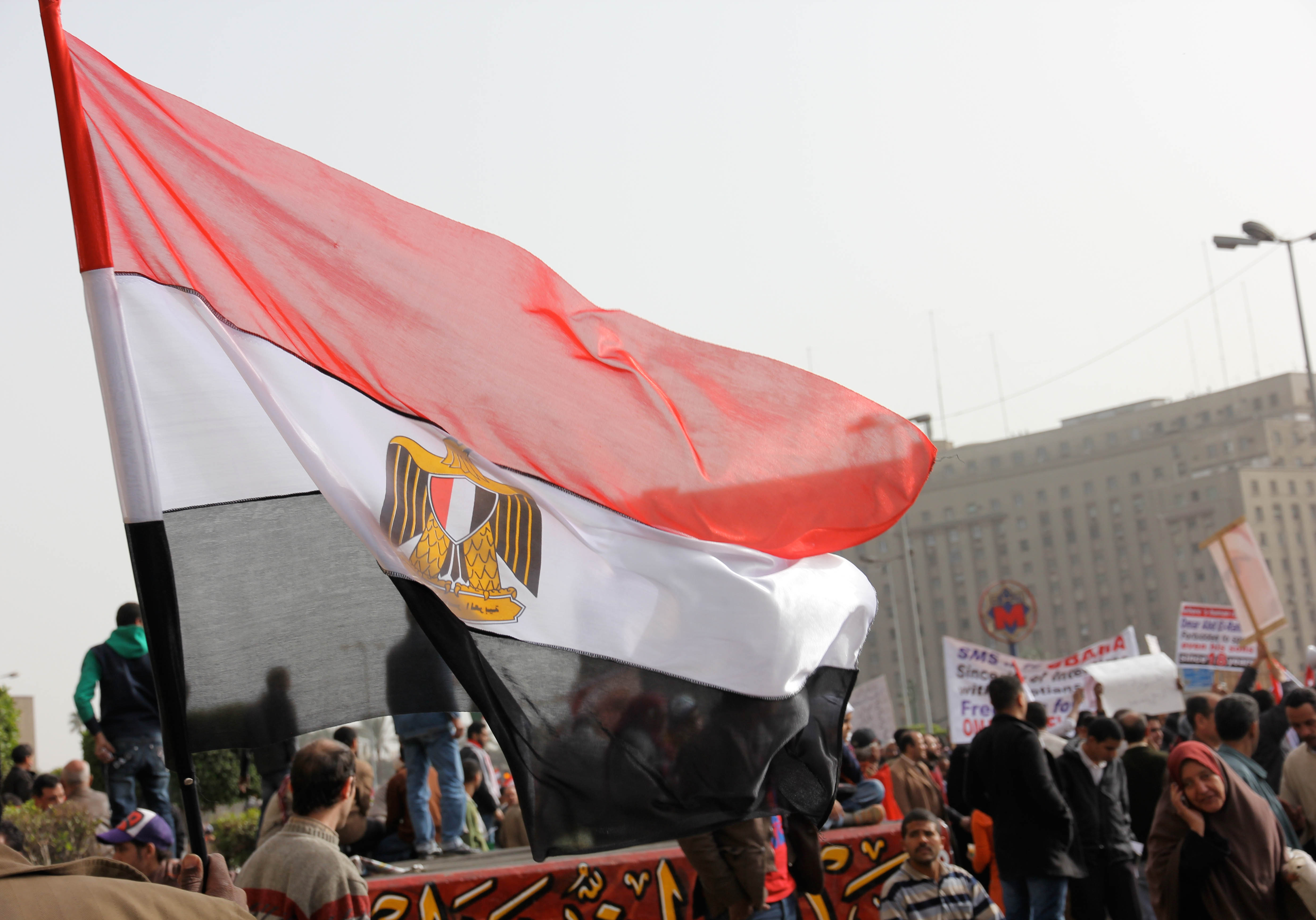 With the strong risk that escalating repression, violence and instability in Egypt could lead to an unprecedented deterioration in the human rights situation, it is critical that the international community take up this issue.
With the strong risk that escalating repression, violence and instability in Egypt could lead to an unprecedented deterioration in the human rights situation, it is critical that the international community take up this issue.
On 3 February 2011, the ICJ joined a call by NGOs urging the UN Human Rights Council to urgently convene a Special Session on the “human rights situation in the Arab Republic of Egypt.” The Human Rights Council should use the Special Session to foster concrete measures to prevent further violations of international human rights and protect those already suffering from such violations.
Egypt-humanrightsviolations-HRC-advocacy-2011 (full text, PDF)
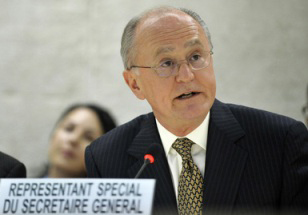
Jan 17, 2011 | Advocacy, Non-legal submissions
In June 2011, the Special Representative of the UN Secretary-General on transnational corporations and other business enterprises (SRSG), Prof. John Ruggie, will present his final report to the UN Human Rights Council.
This report will include Guiding Principles for the operationalization of the “Protect, Respect and Remedy” Framework as well as options for UN mechanisms on business and human rights to follow the SRSG.
humanrights-business-advocacy-2011 (full text, PDF)












